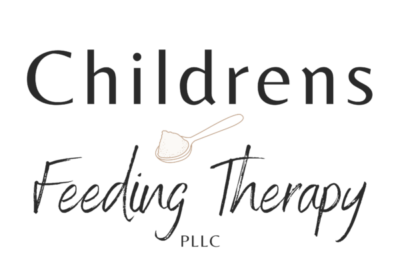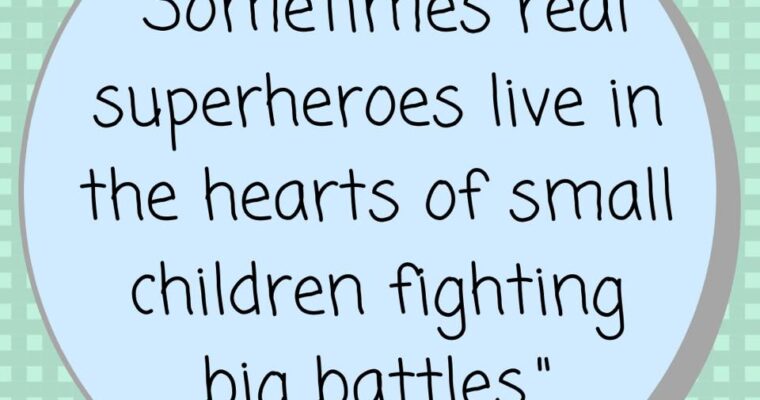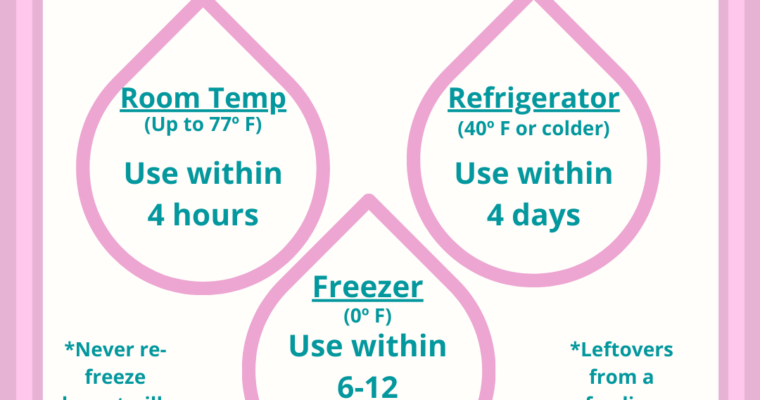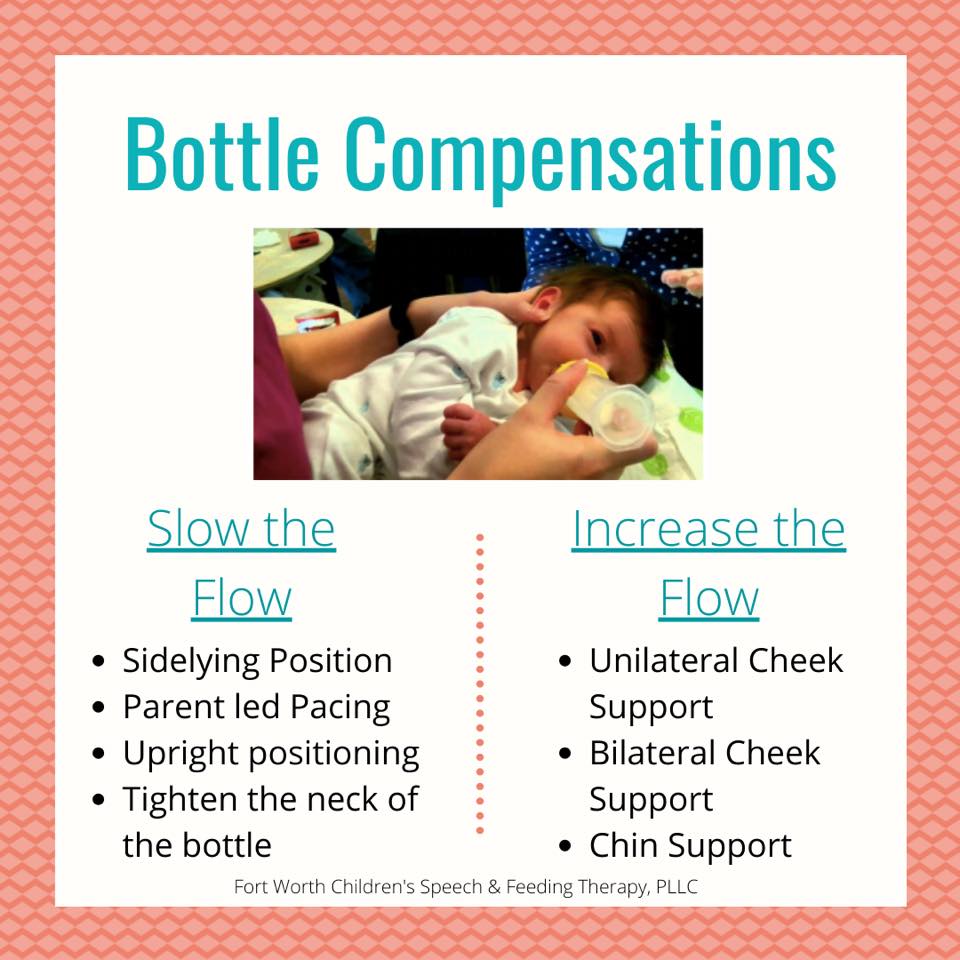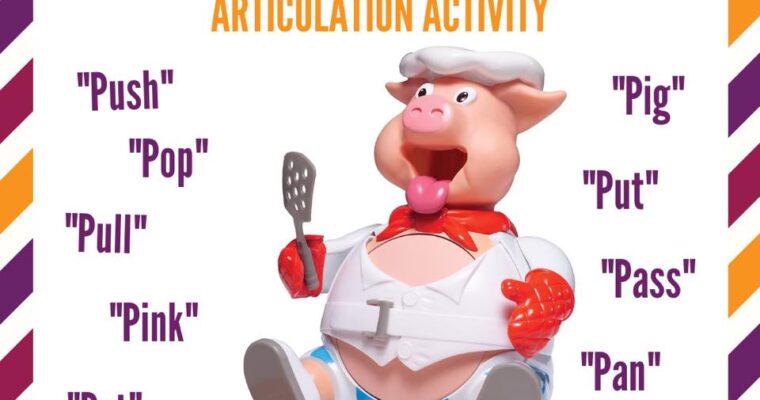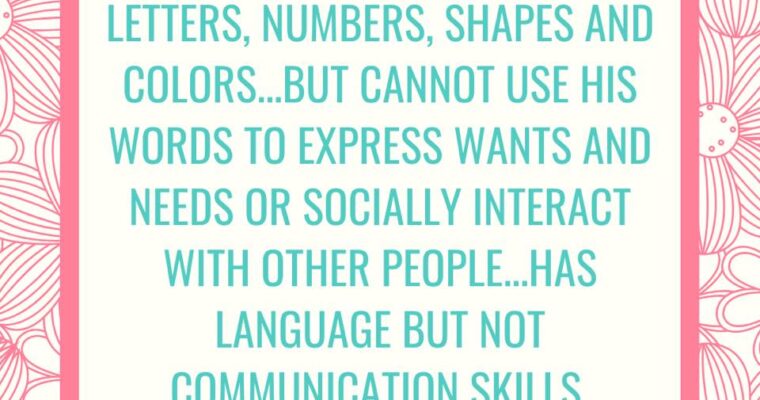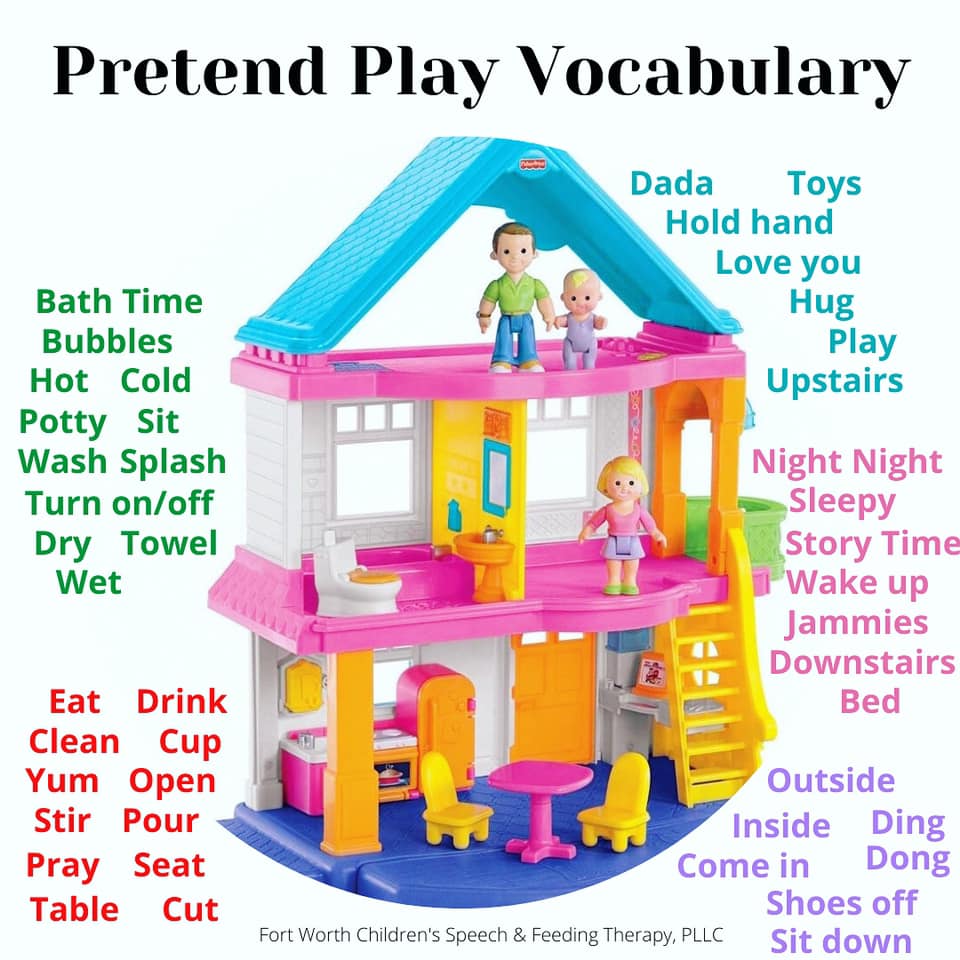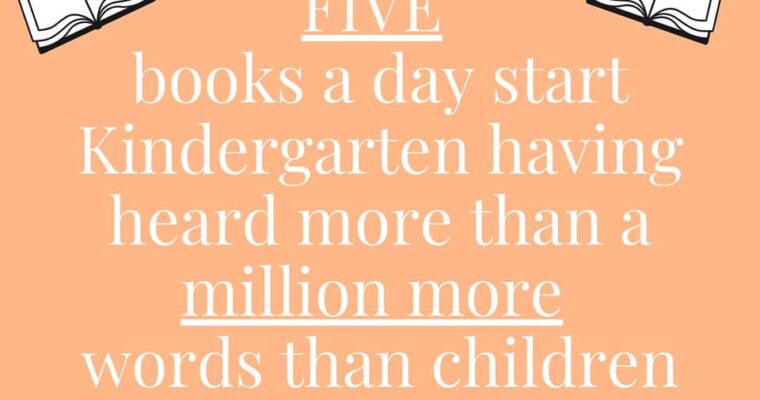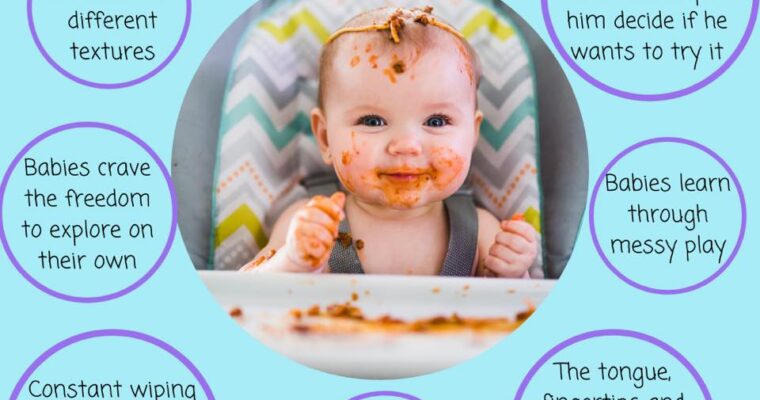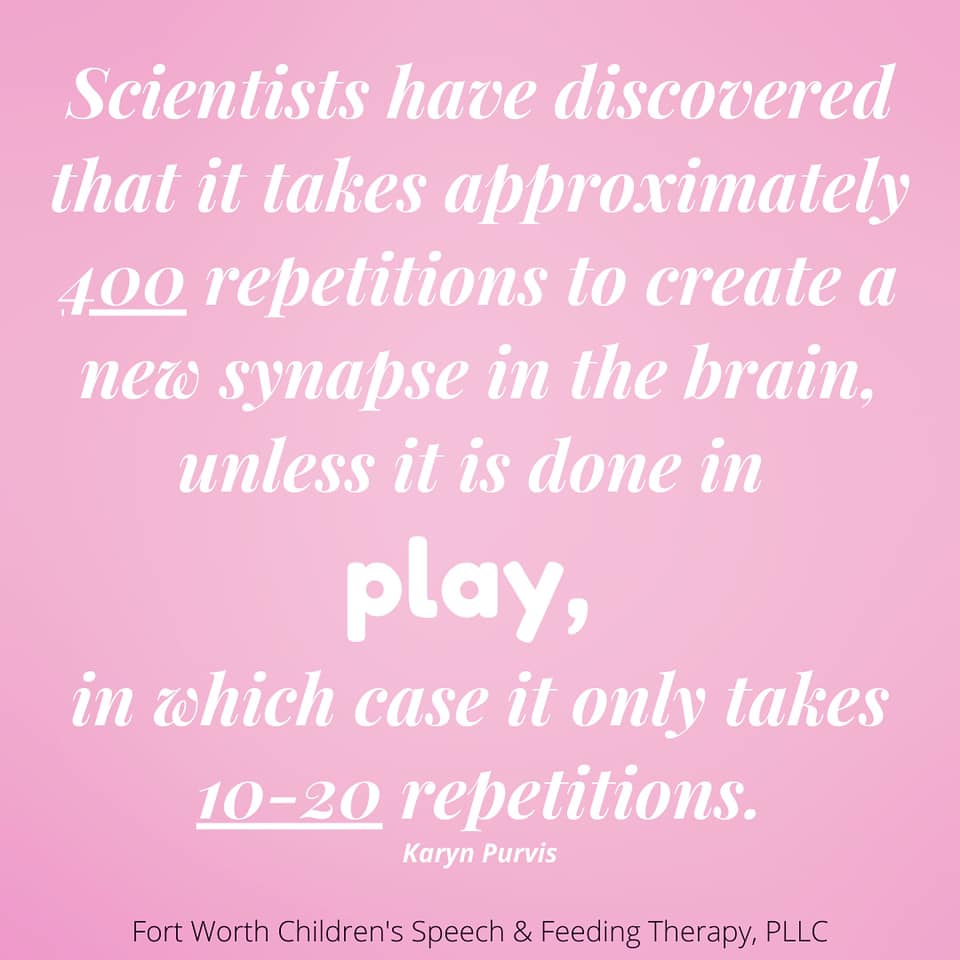When it comes to bottle feeding some of our babies can eat seemingly upside down with complete independence while others need many supports and compensations when drinking from the bottle.
Different level nipples can certainly help a baby who needs a slower/faster flow, however a large number of our babies need just a TINY bit slower, or TAD BIT faster to maximize feedings.
Slowing the flow can help a baby who has trouble choking on their liquids or coordinating their suck-swallow-breathe pattern. Increasing the flow can help babies whose mouths don’t have the strength to sustain a whole feeding yet.
Slowing the flow:
~Sidelying Position: Imitates the breastfeeding position. Increases the babies control of liquid and decreases choking.
~Pacing: Allows a baby more time to coordinate their breathing with their eating.
~Tightening the neck of the bottle: Using the laws of physics to decrease the flow of liquid.
Increasing the Flow:
~Cheek support: This can be one cheek or both cheeks supported. Improves suction during bottle feeds to increase milk removal from the bottle.
~Chin support: Stabilizes the jaw to help the baby use his tongue to create more suction on the nipple.
All bottle compensation should be initiated with the help of a skilled speech pathologist!
